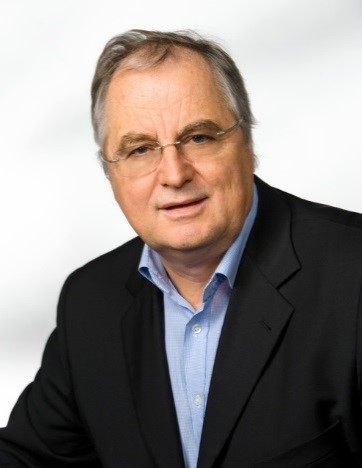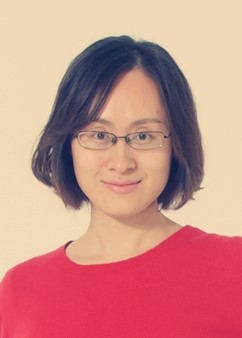报告地点:南校区第四教学楼106
| 报告时间 | 报告题目 | 报告人 |
| 10:15-11:00 | Continuous downstream processing of biopharmaceuticals | Professor Alois Jungbauer (University of Natural Resources and Life Sciences Vienna, Austria; Biotechnology Journal主编) |
| 11:00-11:30 | How to successfully publish in a high impact journal | Doctor Jing Zhu (Biotechnology Journal副主编) |
无涯学院
生命科学与生物制药学院
研究生院(学科建设办公室)
国际交流处
辽宁省研究生现代药物领域创新与交流中心
聆听无涯论坛 拓宽学术视野
欢迎各位老师和同学们踊跃参加!

报告人简介:
Professor Alois Jungbauerreceived his PhD in Food Technology and Biotechnology from the University of Natural Resources and Life Sciences Vienna, Austria 1986. He serves since then as a professor at the Department of Biotechnology. He teaches Protein Technology and Downstream Processing and Bioprocess Engineering. He also acts as area head and Deputy Director of Research in the Austrian Centre of Industrial Biotechnology. He is currently working in the field of bioengineering of proteins, plasmids and viruses with special focus on expression, downstream processing and characterization of large biomolecules. For more than 10 years he is working on continuous manufacturing of biopharmaceuticals.
As a proliferate researcher he has more than 310 publications on recombinant protein production and bioseparation, 17 patents and 12 book contributions and recently a monograph entitled “Protein Chromatography, Process Development and Scale Up”. He is executive editor and co-founder of Biotechnology Journal, and member of editorial boards from numerous journals in the area of biochemical engineering.

Jing Zhureceived her bachelor’s degree in Veterinarian Medicine in 2005, and completed her PhD in Microbiology from Shanghai Jiao Tong University in 2011. During this period, she studied and worked in Guelph Food Research Centre, Agriculture and Agri-Food Canada as a joint PhD student for 2 years, where she studied the involvement of quorum sensing in intestinal cell damage induced by enterotoxigenic Escherichia coli. Jing joined Wiley in July 2011 and is based in Wiley’s Shanghai office. She is now the Deputy Editor for Biotechnology Journal (IF 3.649), and Editor for Small (IF 8.643), Advanced Healthcare Materials (IF 5.11) and European Journal of Lipid Science and Technology (IF 2.145), taking care of commissioning content, overseeing peer-review and editing of accepted manuscripts. Jing has also given workshops on scientific writing and the peer-review process to students and young researchers.
报告内容简介:
Professor Alois Jungbauer
A biopharmaceutical process consists of upstream processing and downstream processing. Upstream processing is referred to cell expansion and cultivation in bioreactors. Downstream processing is usually all unit operations required for purification of the biopharmaceutical. Unique for biopharmaceutical manufacturing is the high demand on quality. Currently, the majority of biopharmaceutical products are produced in fully batchwise manner, except for a handful licenced products where the upstream processing is conducted continuously in form of a perfusion culture or continuous stirred tank reactor. The fully integrated manufacturing is more efficient and has economic advantages. An overview will be given how a manufacturing process can be converted into a fully integrated system. The problem of batch definition and control of the process will be addressed. The product quality will be discussed exemplified by the variant composition of antibodies and how it may affect potency or safety of a product. Data from the own laboratory will be shown. This is continuous flocculation and precipitation of antibodies in tubular reactors. The engineering principles will be elaborated and strategies for scale up shown. The economics of such process will be discussed in depth and compared to batch operation. An outlook will be given for the continuous integrated manufacturing and how it can be applied to new product classes.
Jing Zhu
Scientific writing is essential for the progress of scientific development, but getting published is becoming more and more competitive. I will discuss “how to successfully publish in a high impact journal”, my topics cover: 1) practical writing tips; 2) understanding peer-review; 3) how to apply Search Engine Optimization (SEO) in your writing; 4) publishing ethics.
